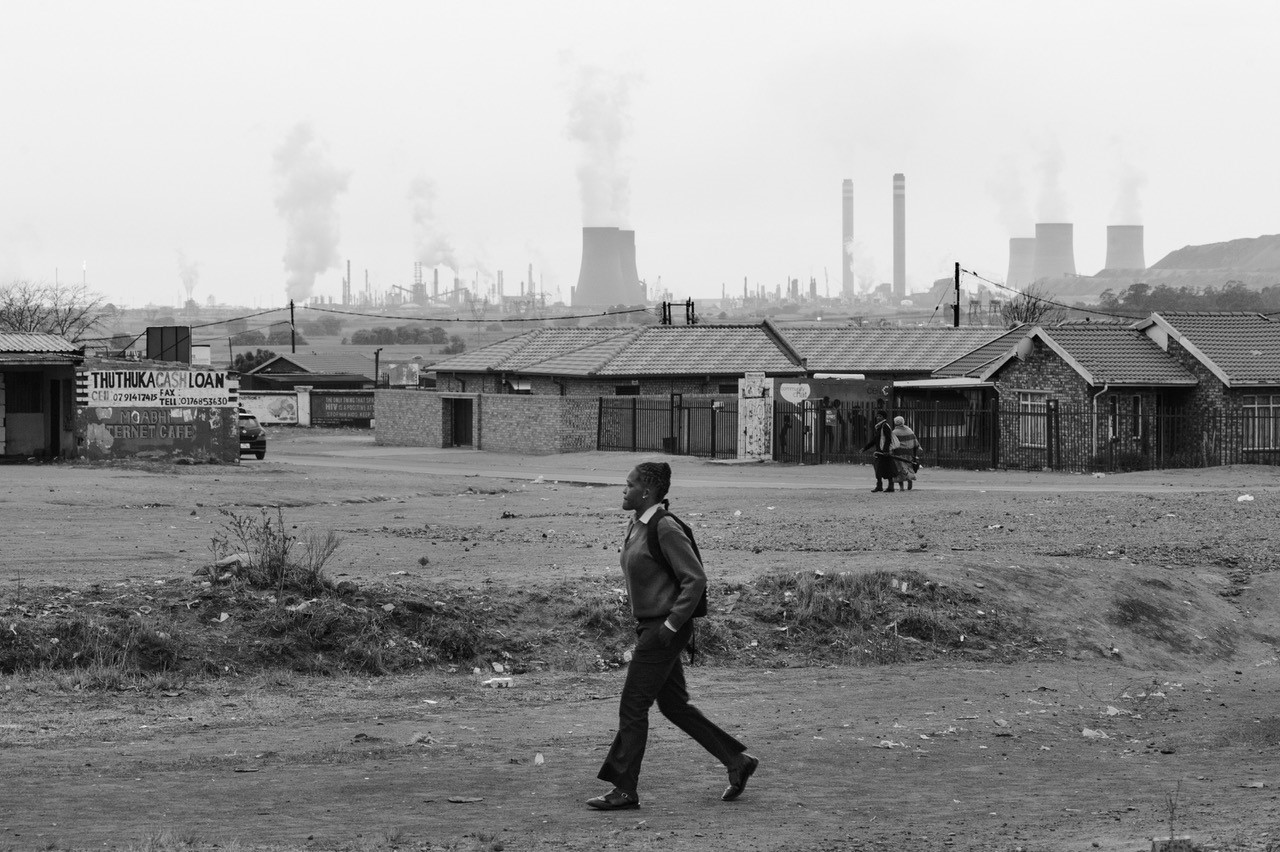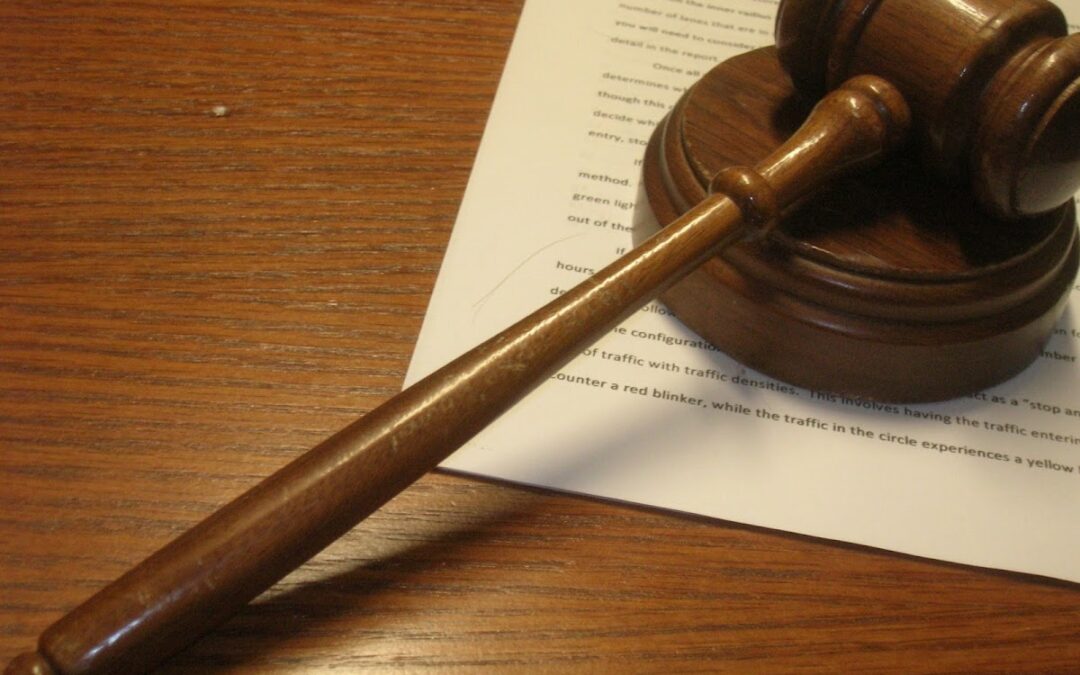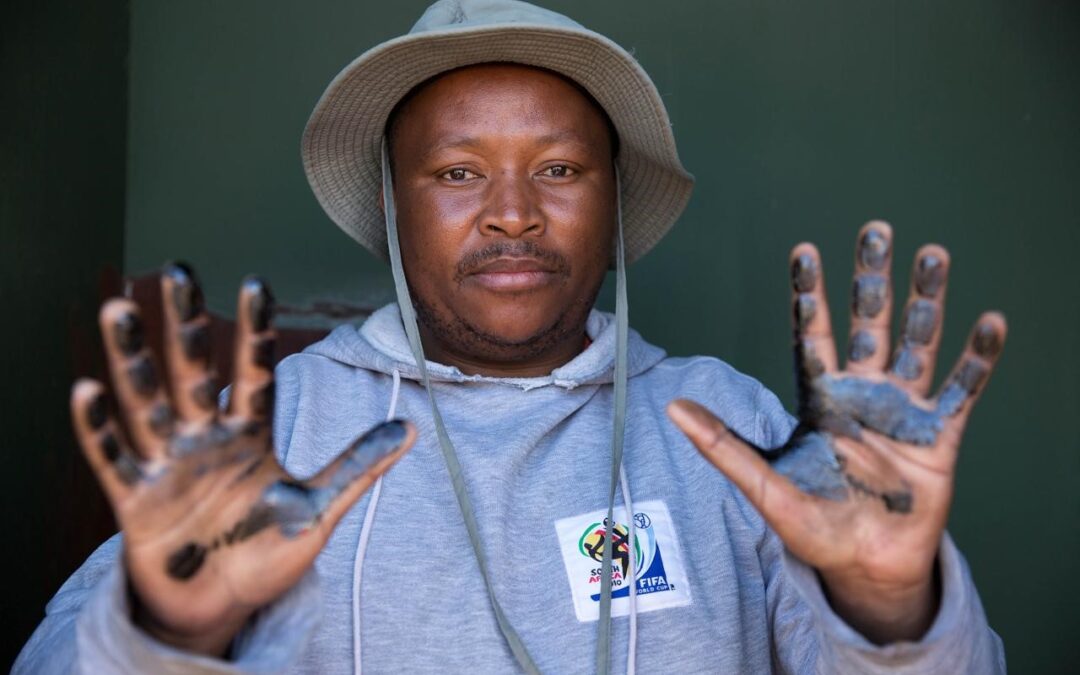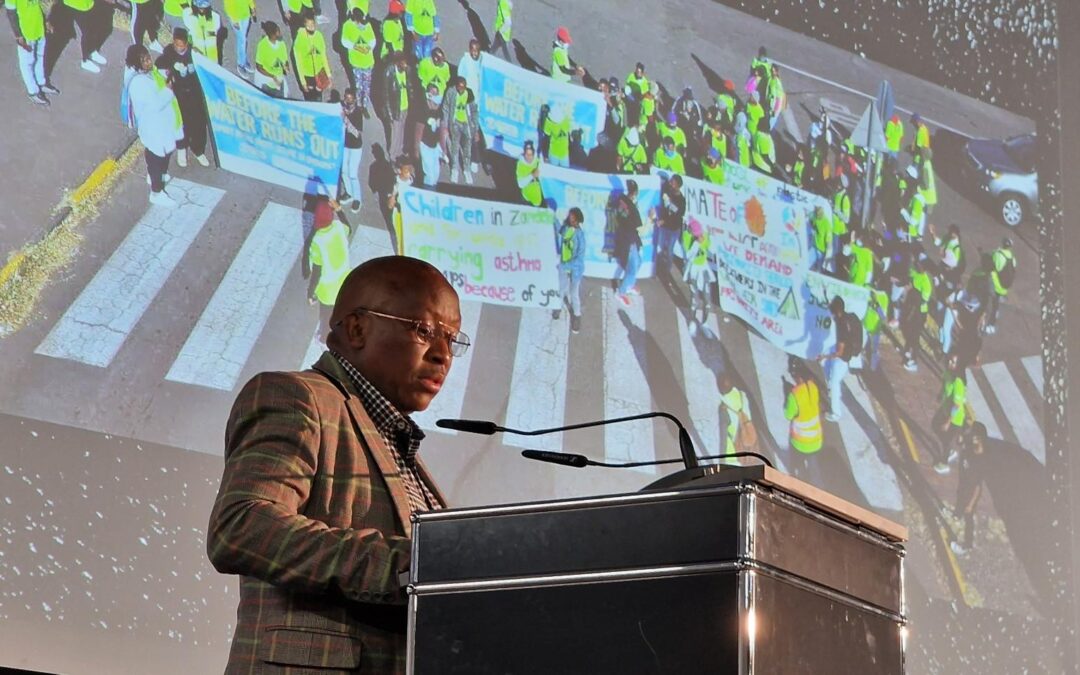
Environmental groups urge government to ensure rules to clean up air on Mpumalanga Highveld uphold Deadly Air judgment and lead to real change.
Applicants in the landmark Deadly Air case welcome progress being made on regulations for implementing and enforcing priority area air quality management plans but are calling on government to ensure that its proposed regulations align with the landmark Deadly Air judgment and South Africa’s Just Transition to a sustainable future and energy system for all.
The judgment, handed down earlier this year, recognises that poor air quality in the Mpumalanga Highveld area contravenes the constitutional right to an environment that is not harmful to people’s health and wellbeing and confirms that this right must be protected in the here and now. The judgment also ordered the Minister of Forestry, Fisheries and the Environment to initiate, prepare and promulgate the regulations which are the subject of this public participation process.
Environmental justice groups groundWork and Vukani Environmental Justice Movement in Action (VEJMA), represented by the Centre for Environmental Rights (CER), submitted comments on the draft implementation regulations on 5 September 2022. They note with concern that if the final regulations are to lead to real change for the millions of people whose lives are impacted by air pollution each day, they must include:
- clear legal provisions around air quality management plan goals, including appropriate penalties for non-compliance
- comprehensive collaboration between all relevant national departments, municipalities, provincial departments and MECs to participate in priority area processes
- better monitoring and reporting of air pollution emissions in priority areas
- the provision of adequate financial resources and the appointment of an adequate number of appropriately-qualified officials, with the right tools and equipment in order to implement and enforce air quality management plans
- a plan to address the current postponement and/or suspension of compliance with Minimum Emission Standards (MES) in the priority areas
- more stringent dust-control measures in the priority areas
- the need for a coordinated response to address air pollution in low-income, densely populated areas
- ‘a health plan’ from the National Department of Health (NDoH) that outlines the provision of healthcare that is fit for purpose for communities in the Highveld, including health facilities that utilise appropriate operating hours and are equipped to provide adequate treatment that restores the health of those that suffer from asthma, shortness of breath, sinusitis and skin irritations caused by air pollution
“While the proposed implementation regulations touch on some of these considerations, such as providing for the review of air quality management plans and financial support, we need stricter time frames for these regulations, and more must be done to strengthen and align the proposed implementation regulations with the Deadly Air judgment and the stated Just Transition goal to achieve a good life for all South Africans, in the context of climate resilient and zero-emissions development,” says groundWork community activist Thomas Mnguni.
According to groundWork and VEJMA, the Minister for the Environment’s application for leave to appeal parts of the judgment does not bar the department from considering the factors listed in the High Court’s order, in developing the regulations to implement air quality management plans in all three of the Priority Areas currently recognised. Nor should the appeal in any way delay the development and promulgation of these regulations, which are much needed as one starting component to realise the right to an environment not harmful to health and wellbeing in section 24(a) of the Constitution.
“In fact, the Minister is not seeking to appeal the declaration that the poor air quality in the Highveld Priority Area is in breach of residents’ Section 24 Constitutional right to an environment that is not harmful to their health and well-being – this further reason for urgent and strong regulations to address air pollution,” says CER attorney Michelle Sithole.
“Since the outcome of the application for leave to appeal is pending, the government’s proposed implementation regulations should be as comprehensive as possible.”
“We welcome the progress made towards adopting these regulations but call for more robust implementation regulations in line with the Deadly Air judgment, in light of the ongoing rights violations that people living in the Mpumalanga Highveld area experience every day,” says VEJMA coordinator Promise Mabilo.
The Department of Forestry, Fisheries and the Environment is now expected to consider the comments made on the draft regulations, and implement any further changes to the draft, before promulgating the regulations.
BACKGROUND
Read more about the Deadly Air case and judgment: Major court victory for communities fighting air pollution in Mpumalanga Highveld
Read more about the background and chronology of the #DeadlyAir case, the landmark 18 March High Court judgement, expert analysis finding Eskom to be the world’s worst polluting power company, the health impacts of air pollution on the Mpumalanga Highveld HPA and the history of the area as a High Priority Area.
[ends]
MEDIA ENQUIRIES
Lerato Balendran, Centre for Environmental Rights, lbalendran[@]cer.org.za
Tsepang Molefe, groundWork, Friends of the Earth SA, +27 74 405 1257, media[@]groundwork.org.za



